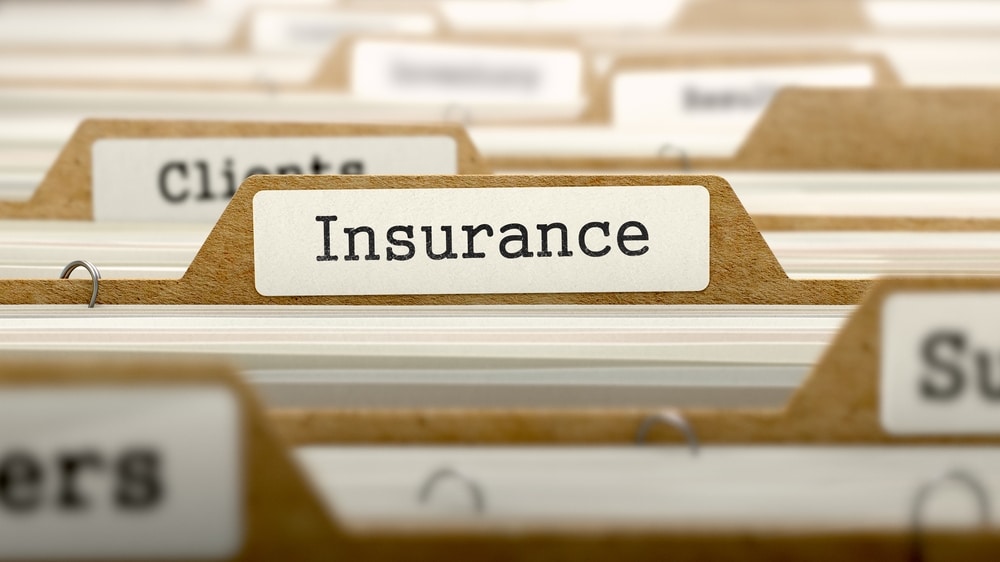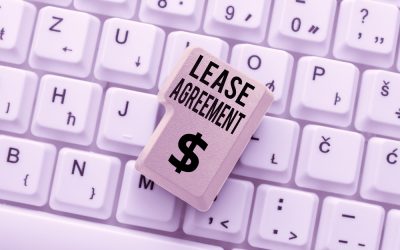Many breweries carry Business Interruption (BI) insurance to cover the loss of income that may be suffered during a disaster.
We are currently experiencing a disaster of epic proportions: Does BI coverage apply to the COVID-19 crisis?
Should we file a claim even though it will be denied? What information should be included in the claim, and how should a brewery owner get started?
Today, we sit down with Steve Quish from Cross Insurance to answer these questions and more.
Bottom line: “If you feel you have suffered a loss related to COVID‐19 then we recommend submitting a claim to the carrier at this time.”
What is business interruption coverage, how do I know if I have this, and at what level?
Business Interruption (BI) coverage is a component of the commercial property insurance policy that specifically provides relief for lost profits and extra expenses stemming from a direct property loss.
Typically, you work with both your insurance broker and insurance carrier to determine what would be the most appropriate limits to carry. It truly depends on the size and scope of your operations and what it will take to recover from disruption to your business.
What does it typically cover? And how does the calculation work?
BI coverage is intended to replace profit lost during a period of disruption. Net profit after subtracting non-recurring operating (saved) expenses but including ongoing expenses. Saved expenses include fuel/electricity and reduction in payroll due to the business shut down. Ongoing expenses include rents, loan payments, general overhead and continuing payroll.
Also consider losses resulting from an inability to secure raw materials in order to manufacture your goods, or lack of sales due to shut down of distribution (bars and restaurants closed).
Finally, extra expenses are recoverable if they are incurred in an effort to mitigate the overall business income loss. These could include expedited shipping expense, cost of a temporary facility if your primary location is unusable, set-up of work-from-home operations for employees unable to work from the primary business location.
If Covid-19 financial impact is not covered, how did this ‘virus’ exclusion come to be?
In order to fully understand how this virus exclusion arose, you have to look back to 9/11/01. The insurance carriers suffered tremendous business income/direct property claims totaling north of 50 billion dollars. A year later, the SARS crisis began and insurance carriers responded quickly to exclude virus/communicable disease. Insurance carriers have been worried about this type of global pandemic for quite some time.
Should I file a claim even though I know it will be denied?
At this time we are finding that property insurers are excluding most claims that are related to COVID‐19. The exclusion is very typical and consistent across the industry. However, this pandemic is a very fluid and evolving issue in the current business environment.
If you feel you have suffered a loss related to COVID‐19 then we recommend submitting a claim to the carrier at this time.
If you have a business income loss then please track all expenses and accounting to quantify your loss. The claim may be denied presently but just in case something changes with how insurers are applying coverage we want to have positioned you in the most favorable situation should relief become available.
How specifically should a brewery owner file? How should they calculate losses? What kind of documentation is needed? Do you have any worksheets folks can use for the calculation?
You will need to work with your broker to file the claim. We recommend you putting together a spreadsheet of information to include all of the following for your Business Interruption Claim:
– Location Name and Address
– Date and Reason for Closure
– Daily Net Revenue
– Date Reopened
For your Extra Expense Claims, document the following:
– Location Name, Number, and Address
– Type of Extra Expense Incurred (i.e. cleaning, transportation)
– Dates and Amounts of Extra Expenses
If any of you would like a copy of the Cross Insurance spreadsheet template, please email Steve Quish directly. Squish@crossinsurance.com.





